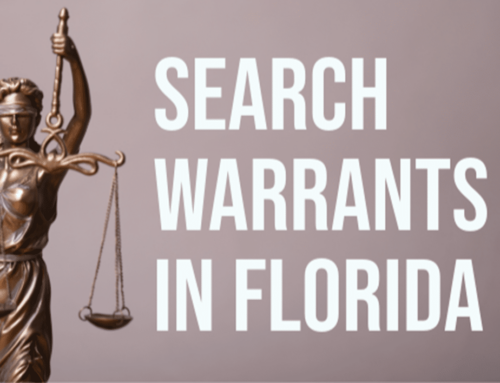Yes, innocent people do get convicted.
Granted, the segment of the population that has the most contact with the criminal justice system is the criminal element. And the truth is that most people who are convicted are in fact guilty. But it’s the process by which these criminals are convicted that is of paramount importance to us all. As the late Justice Felix Frankfurter so tactfully put: “It is a fair summary of history to say that the safeguards of liberty have been forged in controversies involving not very nice people.”
And therein lies the rub.
Court decisions vindicating constitutional rights are rarely popular with the general public. Why should they be? Why should we rejoice when a murderer goes free or a drug dealer walks? It’s difficult to be intellectual when we read about the horrible facts of a particular case. But what people don’t realize is that the murderer or drug dealer is going free precisely to minimize the chances of a wrongful conviction in the next case.
Over three centuries ago, the preeminent English jurist William Blackstone stated “It is better that ten guilty persons escape than that one innocent suffer.“ This bedrock principle of due process lies at the heart of our criminal justice system and our constitution. .
So, the next time you hear about a wrongful conviction, don’t just shake your head feeling sorry for the poor soul who had a chunk of his life stolen from him. Is it an injustice? Absolutely. A horrible injustice. But it’s also a symptom. A symptom that the system is broken. A symptom which should prompt us to redouble our efforts and commitment to ensure that all people charged with crimes—especially criminals—are given due process of law.
By: David Edelstein November 22, 2013.








